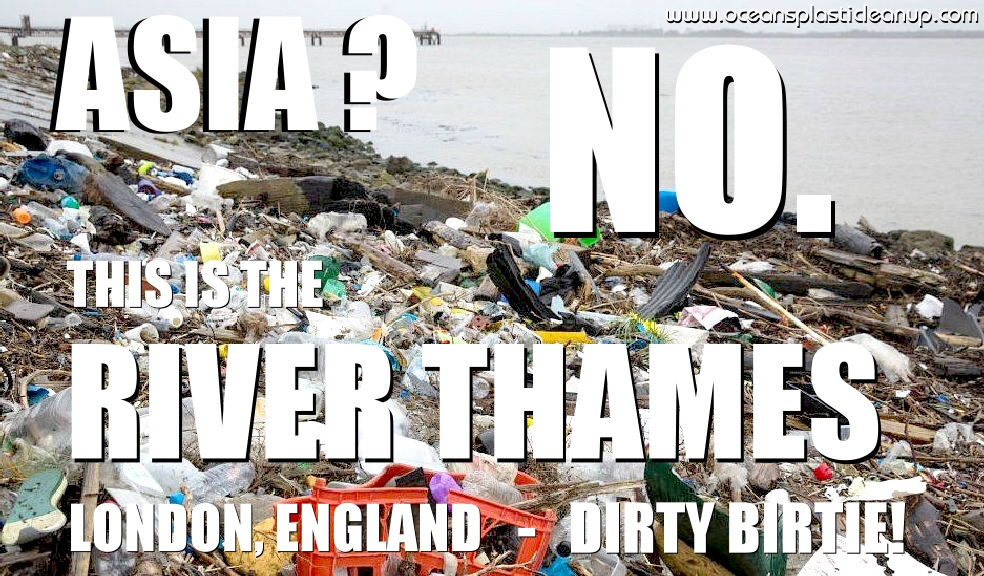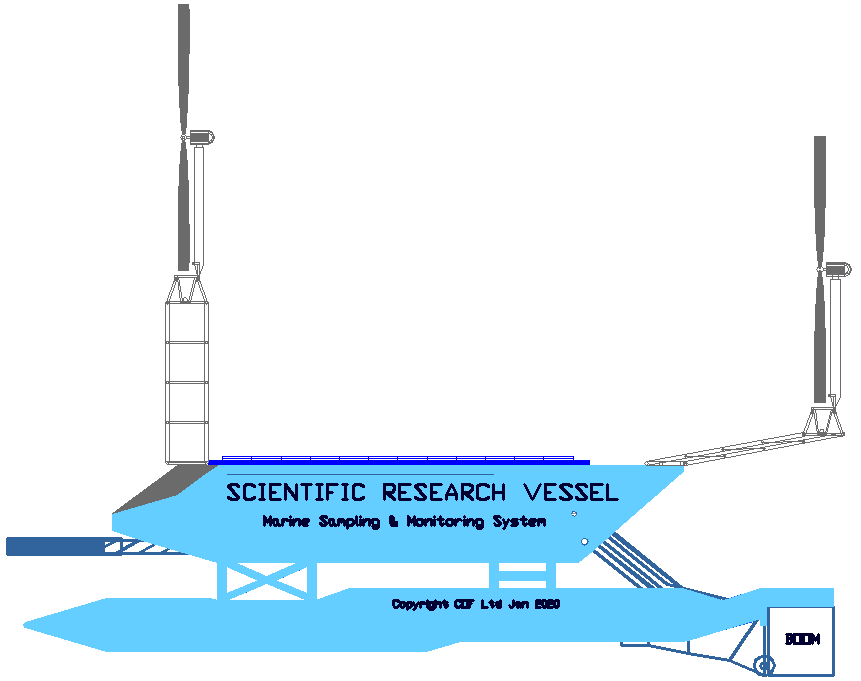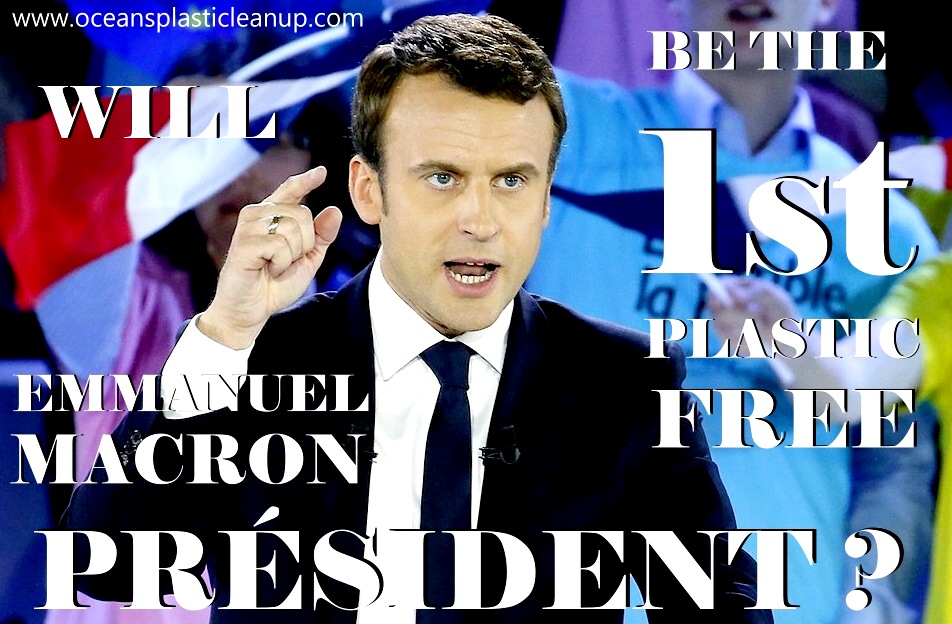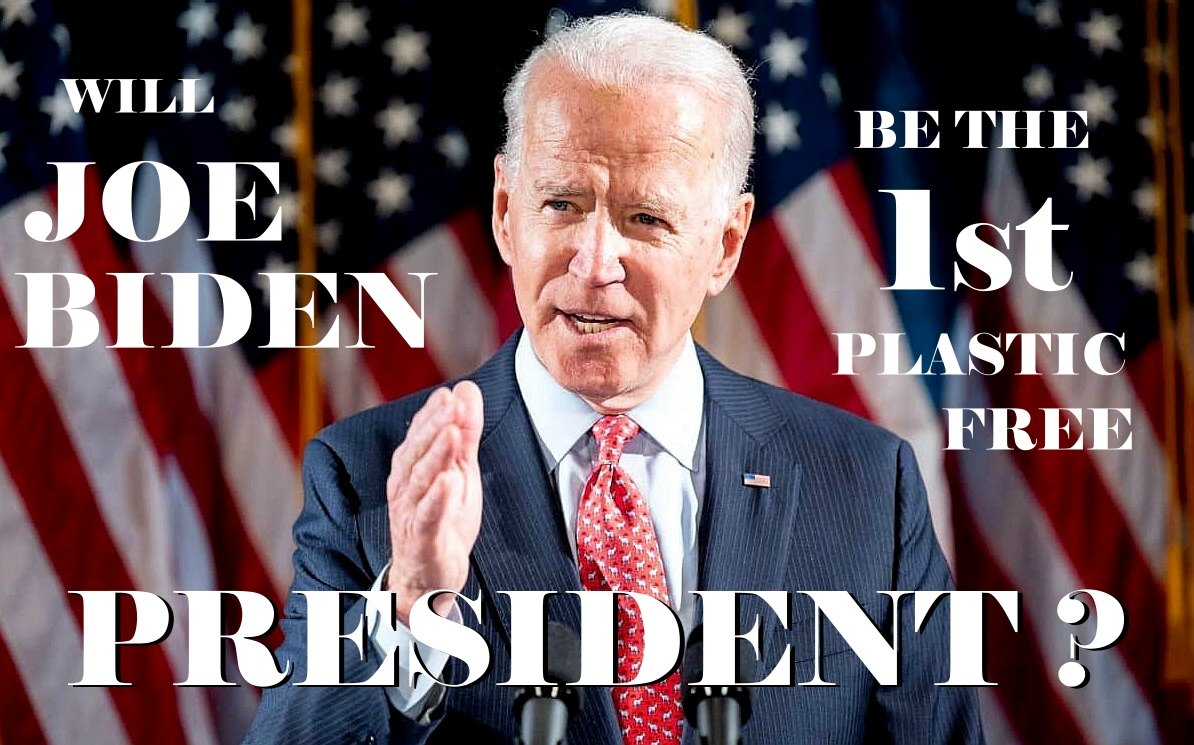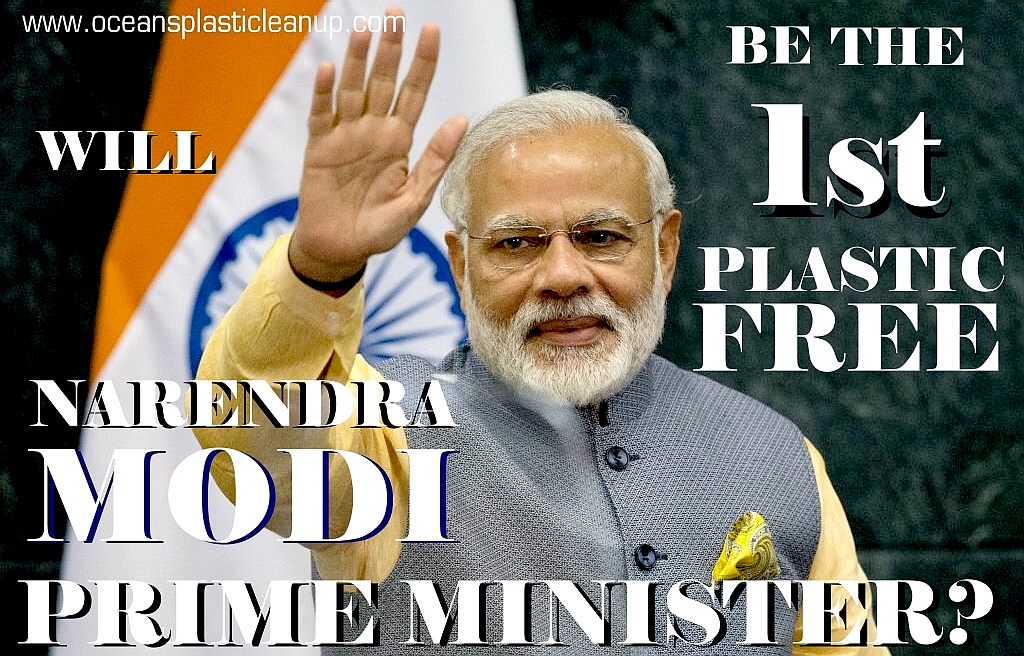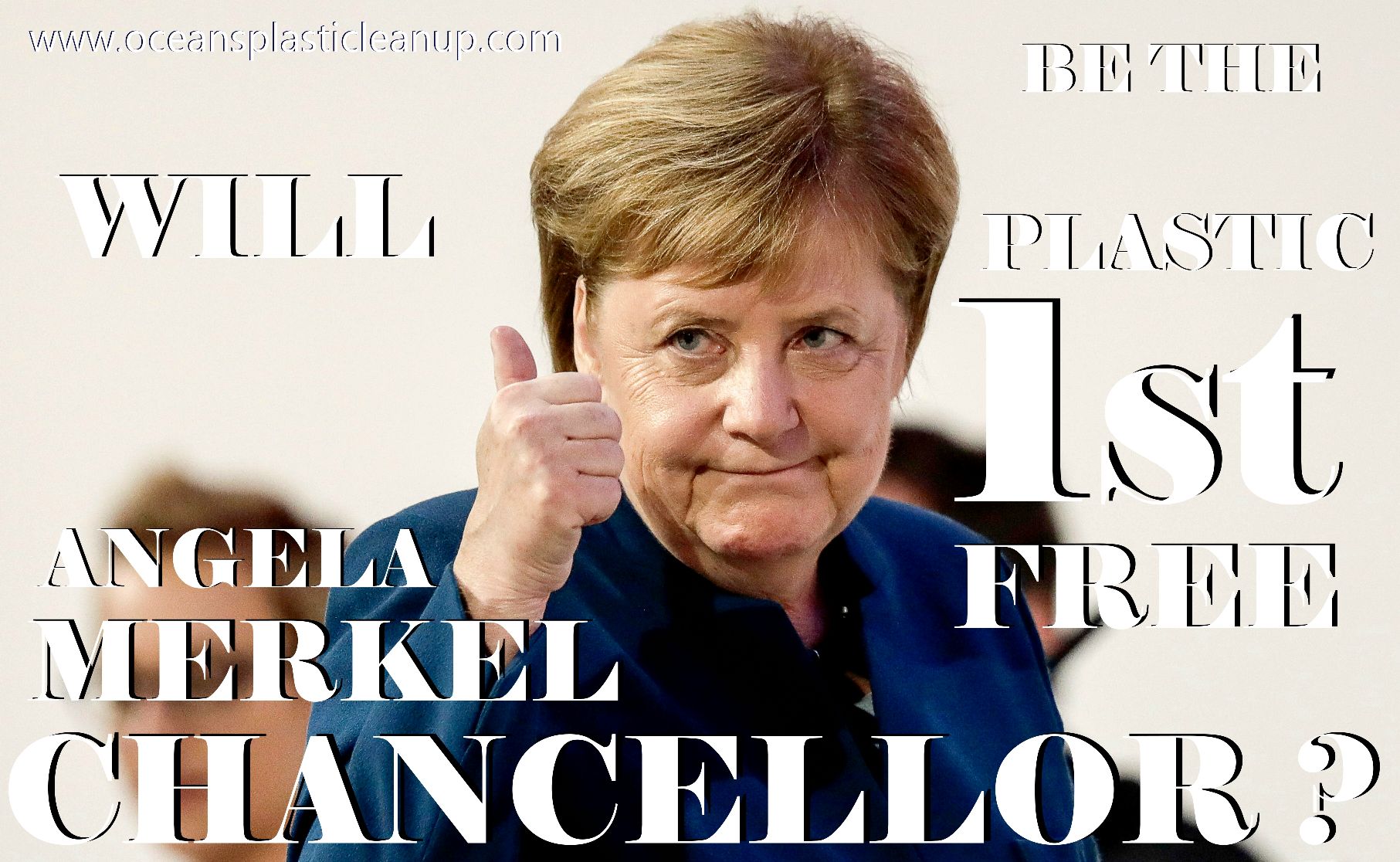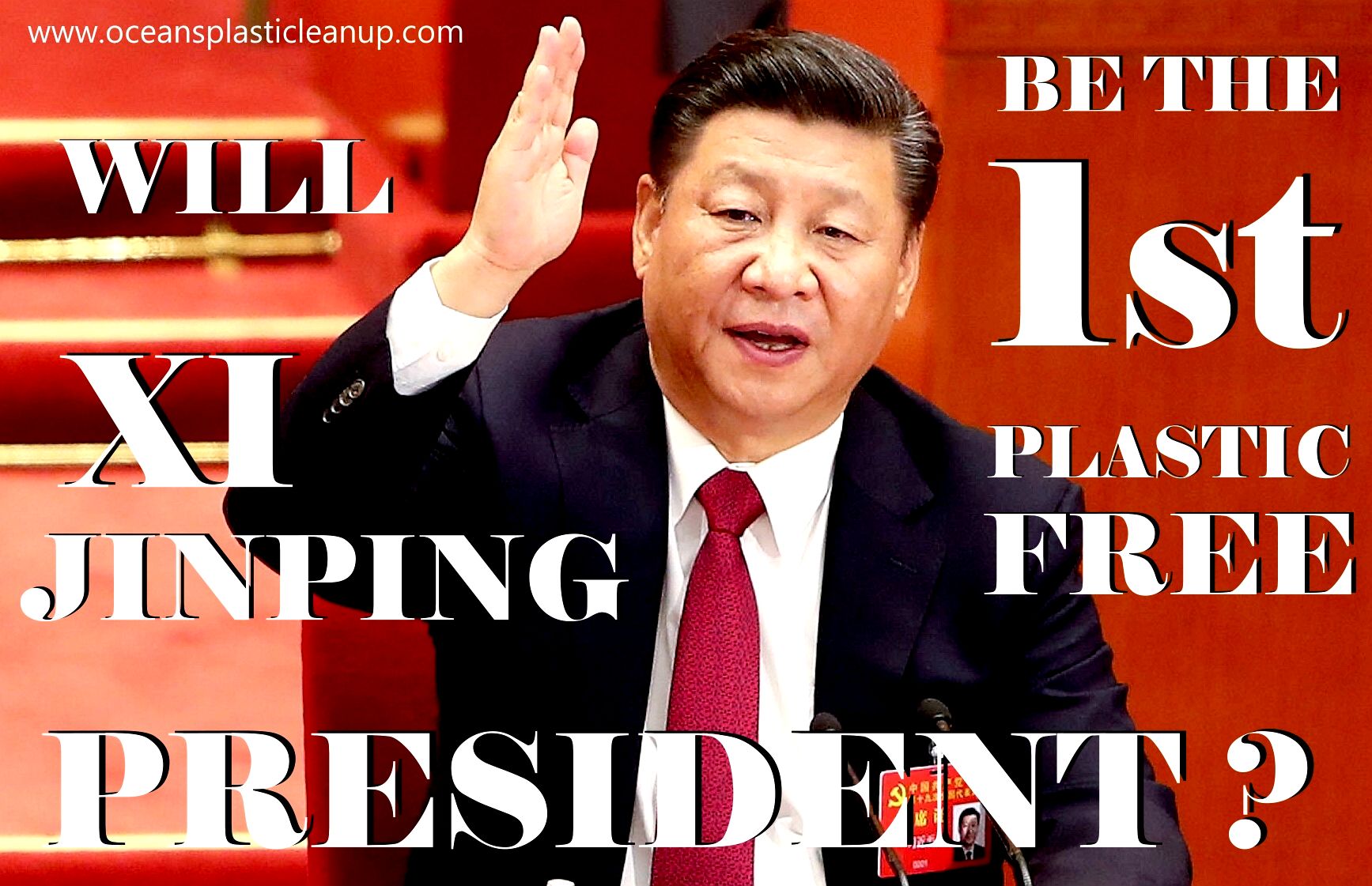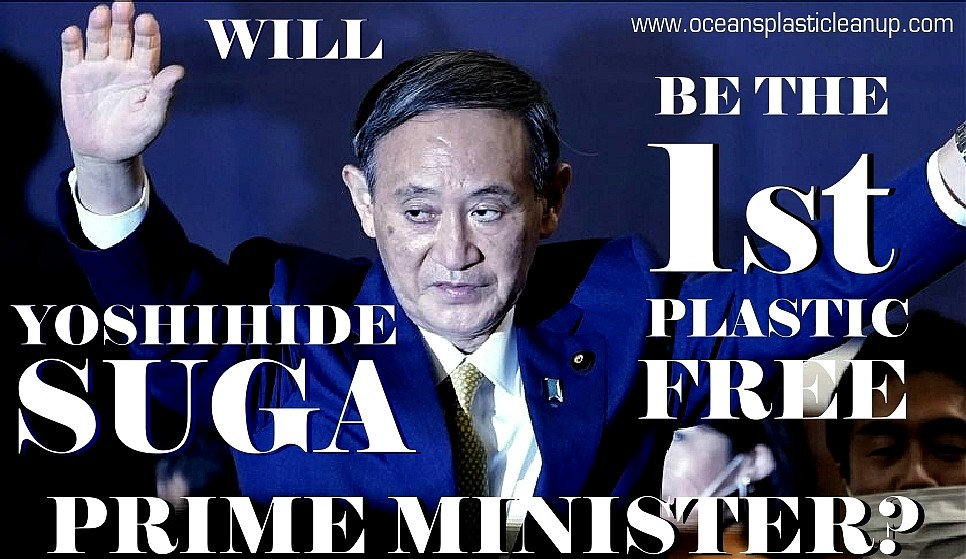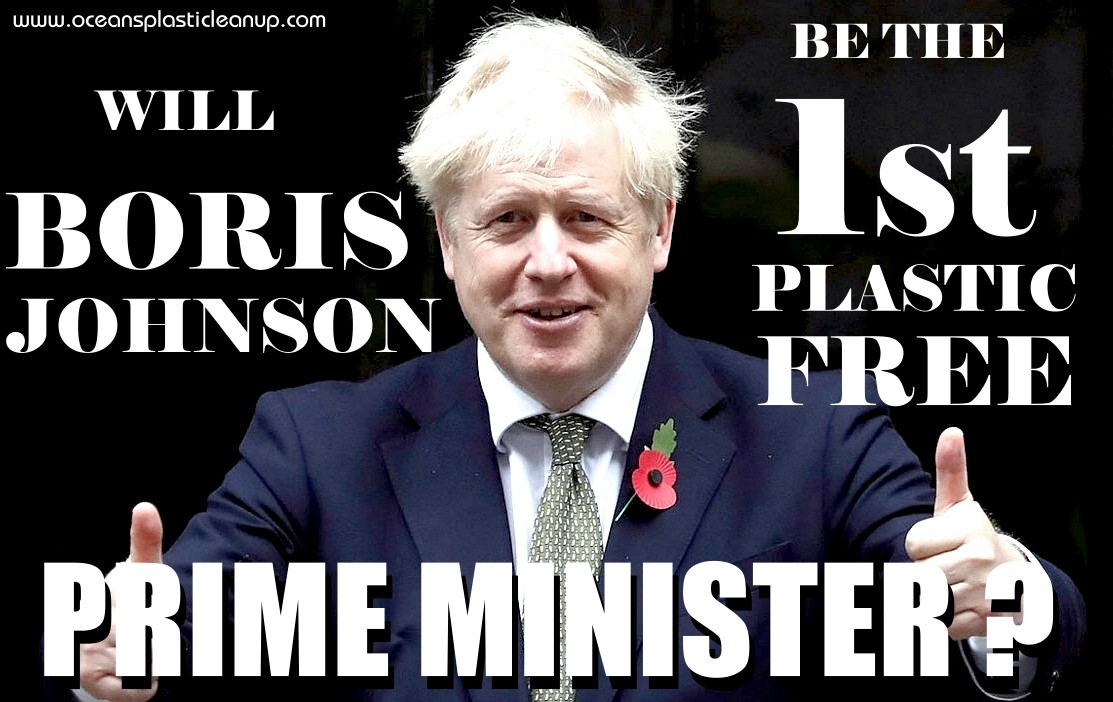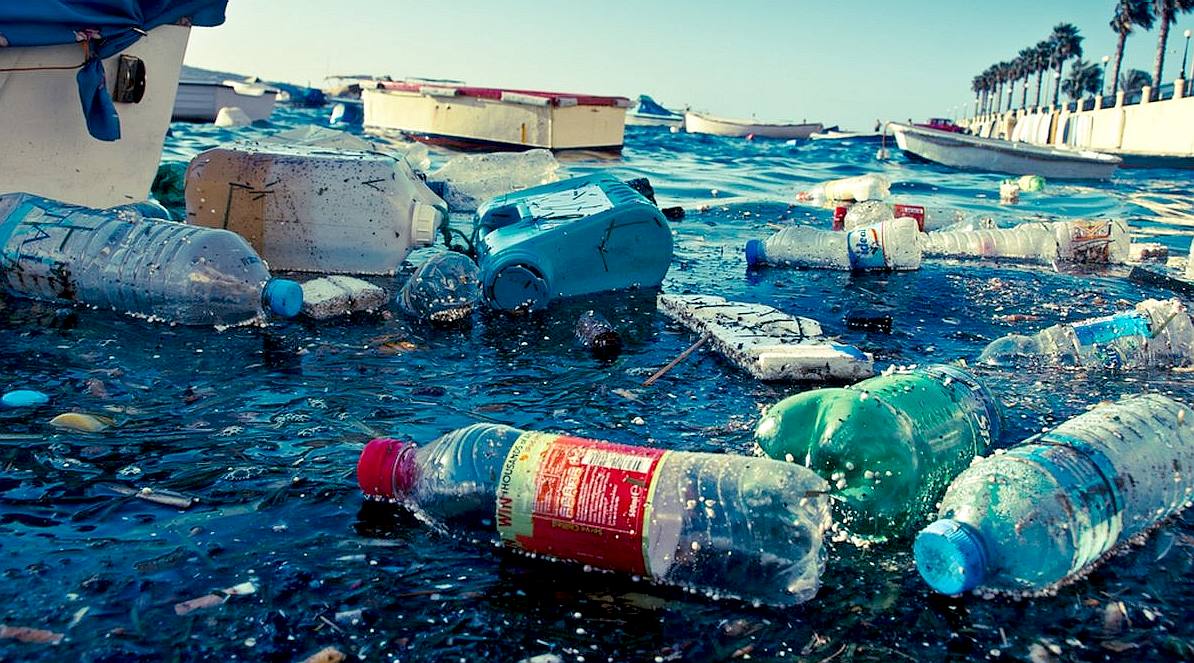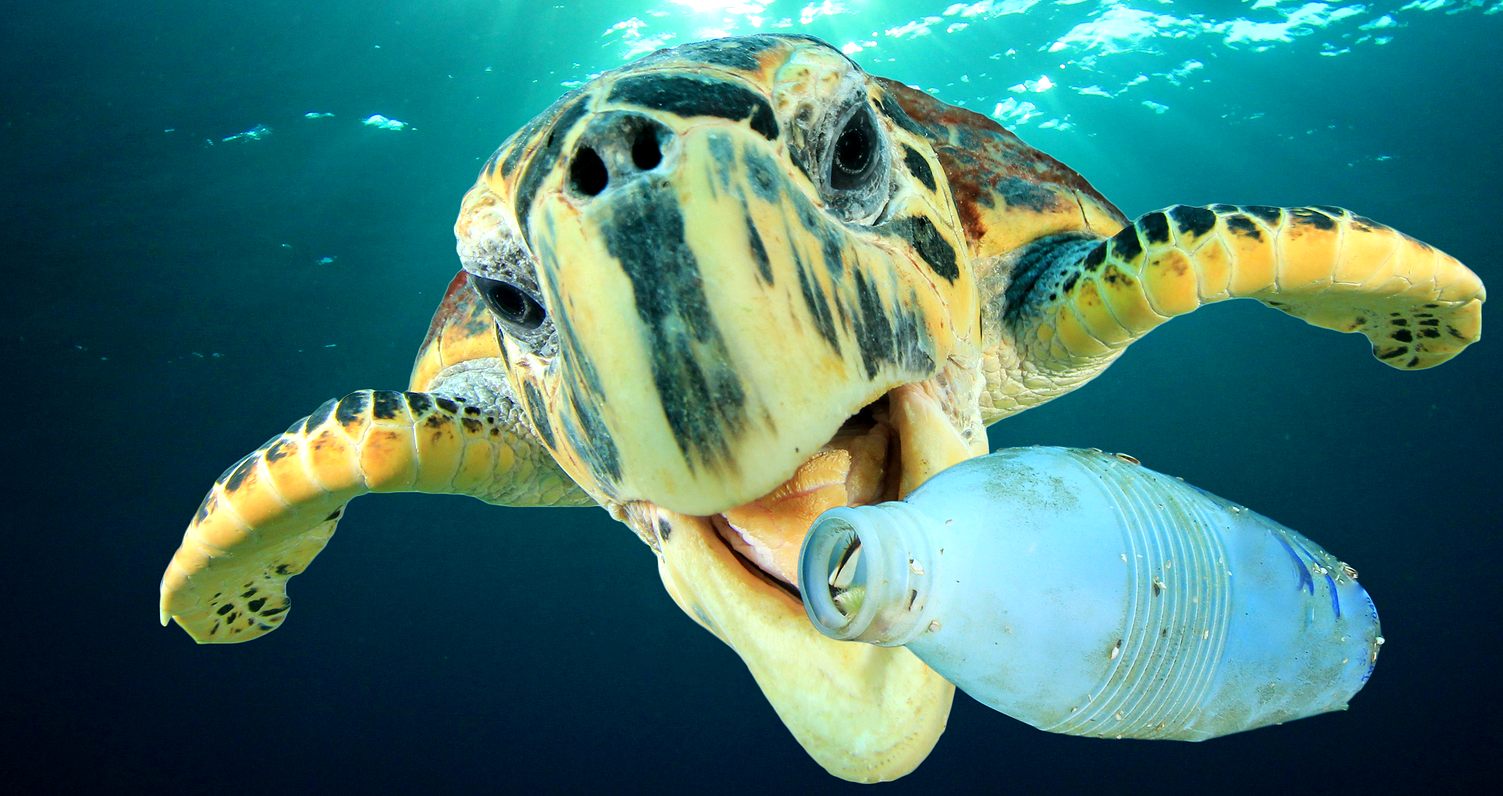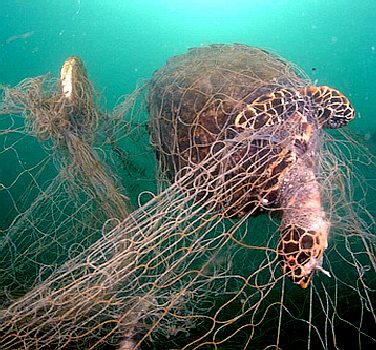|
3. RIVERS & TREATMENT PLANTS
PLEASE USE OUR A-Z INDEX TO NAVIGATE THIS SITE, OR SEE HOME
|
|
CAMPAIGN FOR ZERO WASTE - Supermarkets and oil companies have a lot to answer for. Politicians must explain why they let the retailers and fossil fuel industry get away with a practice they know to be harmful to marine life. Companies are largely driven by money and greed, their shareholders often kept in the dark. All the while millions of seabirds are dying, polar bears are playing with plastic and even shellfish have become inedible in some locations. This is morally unsound!
Almost all plastic waste entering the ocean comes from rivers. Ninety percent 90% comes from just ten of the filthiest waterways in the world. But there are thousands more rivers contributing to a continuous stream of micro fibers, mostly from man made fibres used in clothing.
Much on this can be contained as per the following suggestions.
|
|
ARTICLE 3
1. Where practical and especially during the construction of new installations, water supply and waste treatment companies and local authorities should install and otherwise deploy filters to catch plastic and glass micro fibers inline with and as an integral component of sewage treatment works, before treated waste water is pumped into rivers or the sea via outfall pipes.
2. There should be regular emptying of filters and skimmers in treatment plants in 1., above, that should be inserted into the drain circuits such as to be easily emptied and maintained.
3. Sewage outfall pipes emptying into the sea should be monitored for plastic and glass micro fibers so that an acceptable standard of treatment may be maintained.
4. In tandem, rivers should be monitored by regular surveys to identify plastic fiber hot-spots, and any spillages from manufacturers and inland water treatment works that empty into rivers (to be discouraged), traced back to the point of origin such as to identify water pollution culprits.
5. The identified water pollution perpetrators might undergo 3 stages of enforcement.
a) The first stage being a fine, b) The second being closure of operations pending abatement and cleaning up measures, and c) The third stage being imprisonment and confiscation orders for repeat offenders.
6. Major rivers should be equipped with surface waste recovery machines (similar to the Baltimore Wheels and Interceptors), or other permanent (civil) engineering installations, that provide the equivalent in terms of cleaning operations.
7. Where it is impractical to provide surface cleaning machines as in Section 6., above, waterborne mobile river skimmers should be operated, such machines being powered by energy from nature, rather than diesel engines, to be SDG 13, climate compliant.
8. Preferentially, and in tandem, with machines described in Sections 6 and 7 above, machines might be operated that are capable of concentrating and filtering out micro plastics at depths of up to 6 meters. One example of such a machine is the RiverVax concept pictured below.
9. As an alternative to Section 8 machines, permanent river pollution concentrating and filtration installations might provide a similar solution to any mobile operations.
10. Due to the difficulty and expense of recovery machines and installations described in Sections 6 - 9 above, there should be a special rate applied for the recovery of plastics and heavy metals or other pollutants from rivers on a sliding scale, suggested as 250 x the standard PBI baseline in Article 7, for micro plastics. I.E. $4,000 dollars per tonne. This adjustment to remunerate recovery operations equitably and to encourage entrepreneur operators to consider initiating and investing in such commercial operations. The rate also to be assessed regularly to ensure the multiplier is sufficient to support such operations, and where appropriate, that such rate might be reduced.
11. That where the development of such machines and installations in Sections 8 and 9 may not yet have a market to make them commercially attractive, that the member states should grant fund such development to generate the knowledge needed to combat the most difficult to harvest plastics.
RIVER
SURVEYING & SAMPLING MACHINES
- Machines like the proposed 17
meter Pilot SeaVax above
would have the ability to survey rivers in one pass, collecting geodata
about river pollution, to include the levels of PCBs and micro plastics and
where such sources are located. Unfortunately, an application for funding
under the Horizon
2020 scheme was refused in early 2020, despite a dream team of engineers
to bring to fruition. According to the bright sparks at the European
Commission this is not new technology. Show us where this technology
exists? Of course it does not. Not so bright it seems the EU policy makers,
or perhaps those decisions were more about cozy relationships, favored developers and
institutions, the preference that someone else develops the concept, other than the
originators? Regardless of those unbecoming shenanigans, we say it matters not who
develops the technology; just get on with it. We don't care who does the
donkey work. The world needs to act as though this
were a Covid situation and jump. There are no politics in a life and death
situation. Get it wrong and you die! Do nothing and you die!
NOTE:
For the avoidance of doubt, this is just a
concept. Without appropriate levels of funding
for research, development & build, ZEV
research vessels like this will never become a reality. It would be a
mistake to think that with a drawing like that above, that the research to
make it possible has already been done. Only a very basic feasibility
study
model has been tested, without any of the identification and variable
filtration mechanism, needed to differentiate between flora/fauna and
plastic. This will take an estimated 2 years to perfect. The G7
had better get a move on. Tempus fugit!
1.
Supermarket packaging transformation (back) to paper predominantly
|
|
Public water treatment operators and industrial waste producers not voluntarily adapting processes to protect the oceans should be publicly identified and chastised, not making us many friends in the corporate world, but gelling with conservationists and ordinary people who care about the environment. Corporations need not see us as the enemy, where we are here to help and show examples of adaptation that works.
We hope by this means, that where politicians have many conflicts of interest, blinding them and making the deaf, as to the voices of the many, that such show not tell strategy, will begin to affect manufacturers as much as buyers. You will appreciate that at the moment there is very little choice for consumers, where mainstream manufacturers are not giving them that opportunity.
HELP US LOBBY FOR A CHANGE IN THE LAW - OUR 7 POINT PLAN (SDG14)
We need tougher MARPOL legislation and enforcement, to prevent plastic from rivers flowing into the sea. We implore you to write to your MP, Senator, Prime Minister, President, Queen or King, to ask them to agree to introduce laws and rules that make it illegal in their countries to allow river waste (including microplastics) into territorial waters - and from there into international waters. A law like this is sure to trigger the introduction of monitoring, barriers and cleaning operations with equitable rewards for any organization providing such services. So far your leaders have demonstrated that they don't give a jot, and will not tackle the monopoly enjoyed by their political backers.
INDUSTRY
Manufacturers
should look to replace single use plastic in packaging wherever
practical. Supermarkets should look for alternative packaging if it
would not detract from the quality of produce or make them
uncompetitive. They might support a
plastic-oil circular economy with recycling depositories at their stores.
INDIFFERENCE - Tangled in a societal maze and cemented by big business oligarchs, what chance does an oyster or muscle stand, let alone a turtle, where they cannot speak, write, or vote.
You can speak for them by not purchasing goods in packaged in plastic, unless it is responsibly recycled, and by fitting a filter to your domestic machines, where they empty to a sewage treatment system.
GOVERNMENT APATHY
Governments
simply don't care enough at the moment to revise their policies, because it's
cheaper to take a dump in the ocean and heaven forbid, spend money on filtration for
the sake of biodiversity.
Politicians are reeling from climate change, they know that nobody can see them
dumping waste in the oceans, and it underpins their frail economies to continue
to do so - for the sake of getting re-elected.
It's all about power, not lives. They will continue to slaughter defenseless
animals, so long as the electorate continue to do nothing. Doing nothing is the
same as agreeing with the slaughter. That is why we had World War Two, the moral
world finally had to act to stop Nazi
Germany invading and taking over the less able in Europe,
leading to concentration
camps, to eliminate political opponents and genocide
on an industrial scale. That will only change with a food crises and poisoned fish being declared carcinogenically inedible by the World Health Organization. I.e. with cancer victims falling like Covid-19 victims, taking up hospital beds. And even then that will only be because of the rising Healthcare bills. Governments actually seem to like it when elderly vulnerable patients bite the dust early. It's like ethnic cleansing, but legal. Or is it. is it legal to engineer a situation where people die earlier?
LINKS & REFERENCE
https://www.bbc.co.uk/news/science-environment-53479635 HARBOURS - The ocean washes up a small percentage of plastic flotsam to remind us of our sins. All the beach and marina cleaning is unable to keep up with the dumping in our rivers, which ends up swirling about the seven seas.
|
|
|
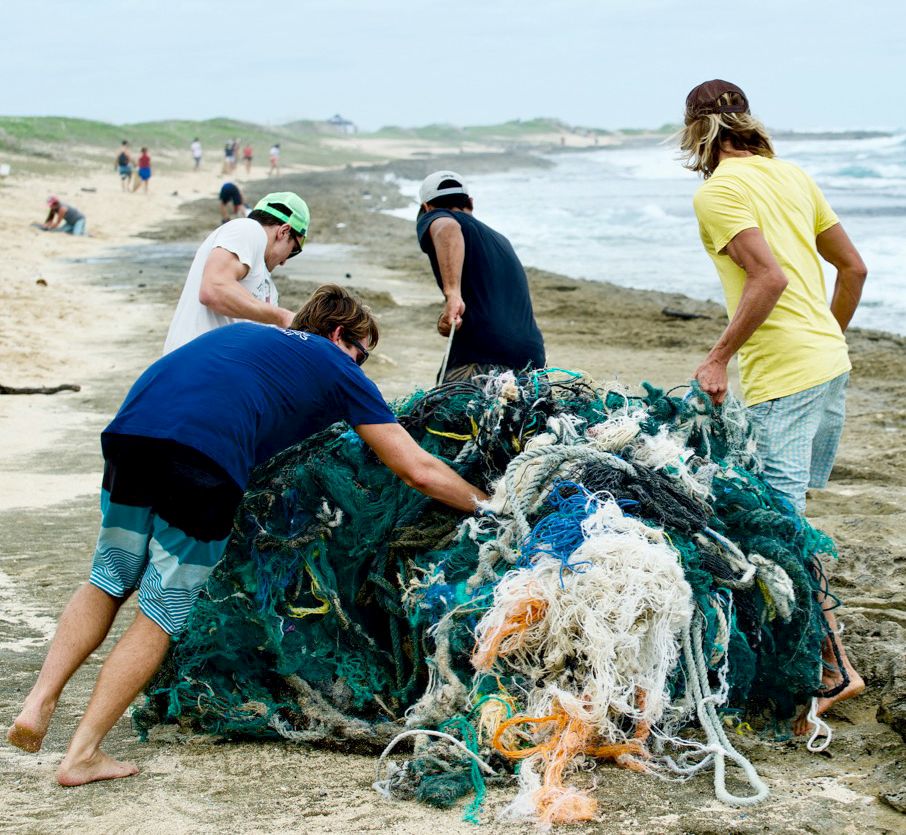
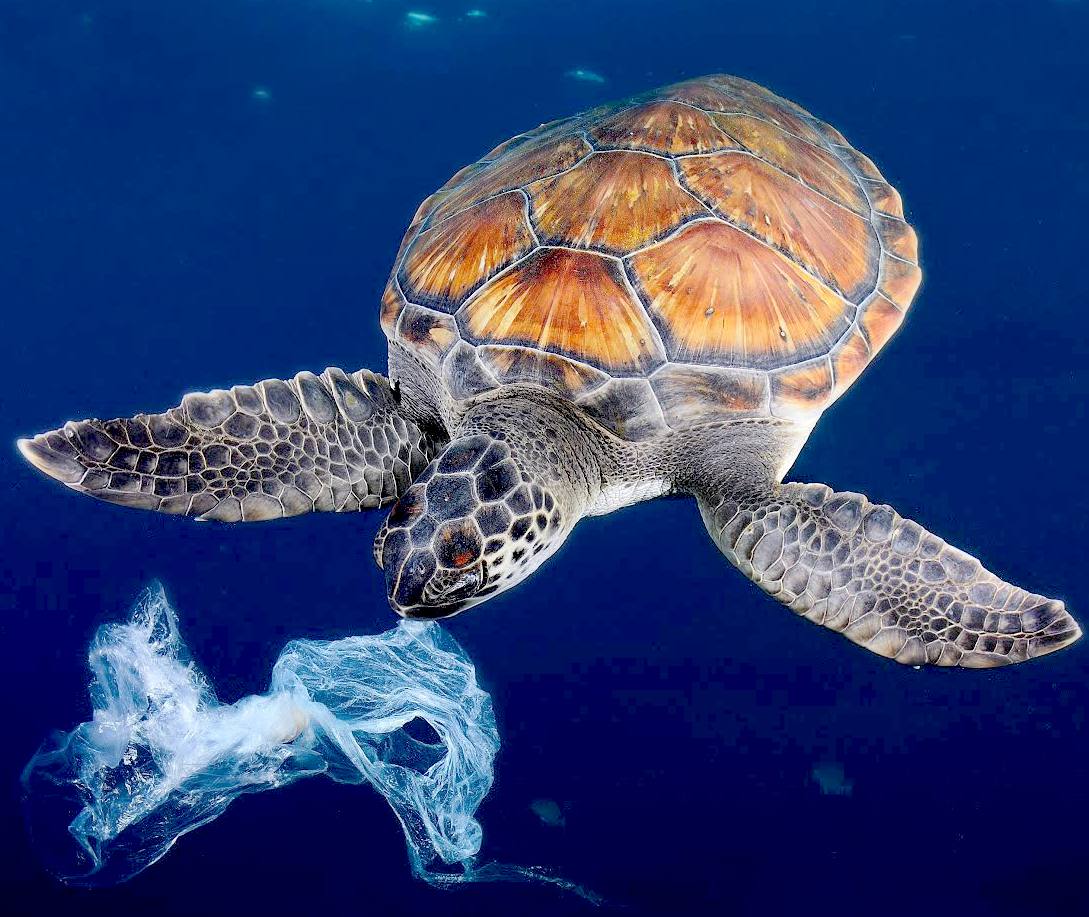
PLASTIC SNACKS - Below the waves and out of sight, marine life is eating plastic like there is no tomorrow, and there may well be, if nothing is done about it. Nets are trapping and suffocating wildlife and beaches are strewn with fishing discards and plastic flotsam. Big business is responsible, but not so much as the politicians who allowed this situation to develop.
|
|
|
PLEASE USE OUR A-Z INDEX TO NAVIGATE THIS SITE
This website is provided on a free basis as a public information service. copyright © Cleaner Oceans Foundation Ltd (COFL) (Company No: 4674774) 2021. Solar Studios, BN271RF, United Kingdom. COFL is a company without share capital whose founding objects are charitable, being not-for-profit.
|
